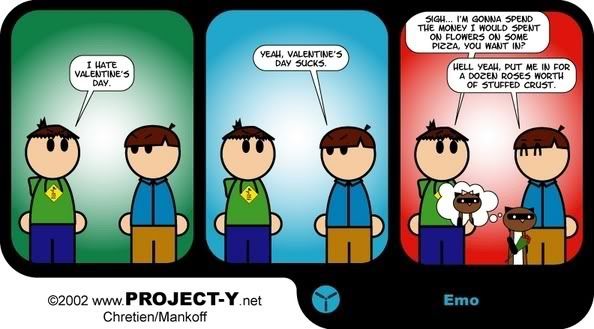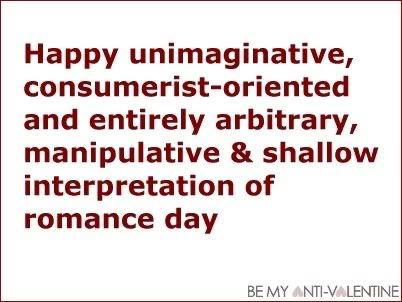Forgive me if these thoughts seem poorly thought out. They undoubtedly are.
—–
Brueggemann has forced qb into a tight corner, and the only tactic that seems to hold any promise of extricating qb from the corner is to entertain the idea that the satan’s primary way of corrupting God’s creation was not in introducing sin per se, but in undermining any notion that the world is morally coherent – that is, that moral outcomes and moral behavior are predictably correlated. Stay with me on this one; it ends up squarely at Calvary, as it ought.
—–
We forget that moral coherence is not a theory that has been established by more fundamental premises, sound reasoning, and empirical data. It is itself a premise, a given, a presupposition; it is one of the places we start reasoning. But is there any obvious reason we should expect that consequences (e. g., prosperity, suffering, etc.) should be directly and predictably related to moral choices? In fact, the book of Job ruthlessly mocks such silliness. The Psalms of lament take up the derision, too, as does the prophet Jonah.
—–
We have to read between the lines of Genesis 4 to come up with a satisfactory explanation for God’s discretionary rejection of Cain’s offering: if Abel was said to have brought his first fruits and his fat portions, God’s rejection of Cain’s offering must imply that Cain’s offering was substandard in some way. But by the time we reach chapter 4, humankind has already fallen. God’s creation, beautiful as it is, is intrinsically sinful and weak. Adam and Eve are already banished from the garden.
Is it possible that the garden represents far more than just the idyllic vision of a world without carnality? What if it goes much deeper, to represent the naive vision of a world that is morally coherent? And what if God at that piont begins to grapple with what it means to be the creator and ruler of a morally incoherent universe, one where sinners prosper and the upright suffer mightily? What if that is what is meant when the biblical writers speak (e. g., Romans 1) of the world having been given over to the adversary, the satan? When God’s good world, which begins by assigning punishments that correlate with sinful behavior, is corrupted by the perversion of human desire (freedom), can we say that God must now determine how to retain his sovereignty over a morally incoherent variation on his intended design?
And can we say that Calvary – incarnation – is this God’s final solution to such an intractable puzzle?
Can God be God if his creation does not reliably reward holiness and punish sin? That is the question of Job, and Job’s four friends seem to offer up little more than warmed-over evangelical, pseudoCalvinist pap: yes, only the wicked suffer, so if you’re suffering, you must be guilty of something that perhaps even YOU do not know about.
—–
Brueggemann insists on an ancient reading of Job and the Old Testament in which the dominant setting is the lawcourt…and in which very often the complaint being brought is implicitly a charge against God himself for allowing injustice to befall an essentially blameless – and powerless – subject. It is a daring proposal. But its resolution is even more daring, because the defendant – YHWH himself – is also the judge. Despite that profound conflict of interest, God declares the plaintiff to have been in the right, to have spoken truly.
—–
It’s easy to fall into the tired, old groove of making excuses for God to make our simplistic, systematic theologies make sense to us and of us. But what if the big scandal of Job is that he saw through the easy answers and concluded that, in fact, the world that God created is not morally coherent, that the innocent do suffer, that suffering is not a reliable predictor or indicator of sinfulness, and that “blessing” is just another way of hyperspiritualizing and distorting the more complicated reality: sometimes the wicked actually do pretty well!
—–
I said we end up at Calvary, and I meant it. The NT writers make much of the fact that Jesus was blameless and perfect, and yet he suffered greatly at the hands of the Jewish elites and their Roman imperial patrons. It is a story of a man sent by God to embody and express the moral incoherence of this corrupted world, to take that incoherence as the deepest reality that must be acknowledged so that it can be overcome.
—–
The only answers available to us in a morally incoherent world are themselves senseless. The first, as we have seen, is incarnation. No simple declaration will do; no system of First Principles is adequate to make moral sense of this world. The second is closely related: forgiveness, which is the photographic negative of injustice and therefore also the antidote to it.
Like I said, these are not fully formed thoughts. But I had to get them down on paper before I lose them.
qb













 Oh, what an interesting week. As you may recall from earlier posts, we’re struggling financially. My husband’s six months of unemployment last year sunk us and, even though he is working now (thank God!), we’re unable to play catch up or even make ends meet. To top it off, things keep breaking. Since mid-December, we’ve had two vehicles die, completely die, and another one that keeps needing a fix. This past weekend the car’s heater went out…the week before that the wheel bearings needed replacing. Something…I can’t remember what, needed fixing before that. $200-$500 a pop, of course. Most graciously (and probably miraculously), God restored our twice broken furnace…at least we’re warm. We can’t get anywhere (for the car is always in the shop), but we are warm.
Oh, what an interesting week. As you may recall from earlier posts, we’re struggling financially. My husband’s six months of unemployment last year sunk us and, even though he is working now (thank God!), we’re unable to play catch up or even make ends meet. To top it off, things keep breaking. Since mid-December, we’ve had two vehicles die, completely die, and another one that keeps needing a fix. This past weekend the car’s heater went out…the week before that the wheel bearings needed replacing. Something…I can’t remember what, needed fixing before that. $200-$500 a pop, of course. Most graciously (and probably miraculously), God restored our twice broken furnace…at least we’re warm. We can’t get anywhere (for the car is always in the shop), but we are warm.